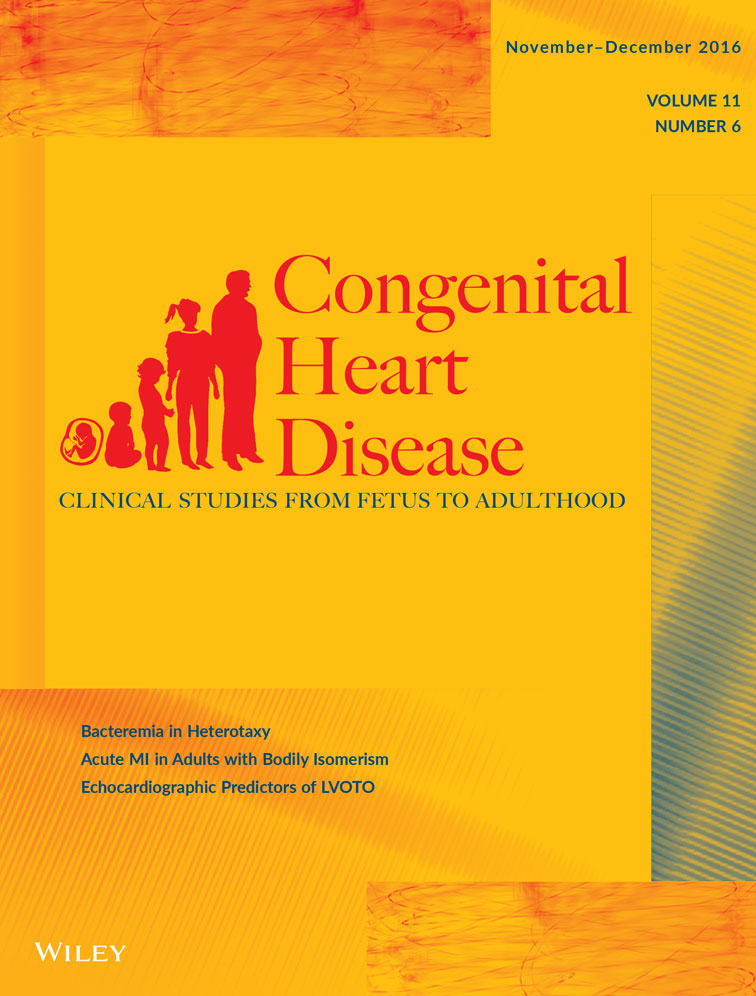Sleep-Disordered Breathing in Patients with Pulmonary Valve Incompetence Complicating Congenital Heart Disease
Conflict of interest: None
Abstract
Objective
Long standing pulmonary regurgitation results in deleterious effects on right heart size and function with late consequences of right heart volume overload including ventricular dilatation, propensity to arrhythmia and right heart failure. As sleep disordered breathing may predispose to elevations in pulmonary vascular resistance and associated negative effects on right ventricular function, we sought to assess this in patients with underlying congenital heart disease.
Design
We performed a pilot study to evaluate the incidence of sleep-disordered breathing in a patient population with a history of long standing pulmonary valve incompetence in patients with congenital heart disease using overnight oximetry.
Patients. Patients with a background of tetralogy of Fallot repair or residual pulmonary incompetence following previous pulmonary valve intervention for congenital pulmonary stenosis were included.
Results
Twenty-two patients underwent overnight oximetry. The mean age of the cohort was 34.3 ± 15.2 years with no patients observed to have severe underlying pulmonary hypertension. Abnormal overnight oximetry was seen in 13/22 patients (59.1%) with 2/22 (9.1%) patients considered to have severe abnormalities.
Conclusions
An important proportion of patients with a background of pulmonary incompetence complicating congenital heart disease are prone to the development of sleep-disordered breathing as assessed by overnight oximetry. Further study into the prevalence and mechanisms of sleep-disordered breathing in a larger cohort are warranted.




